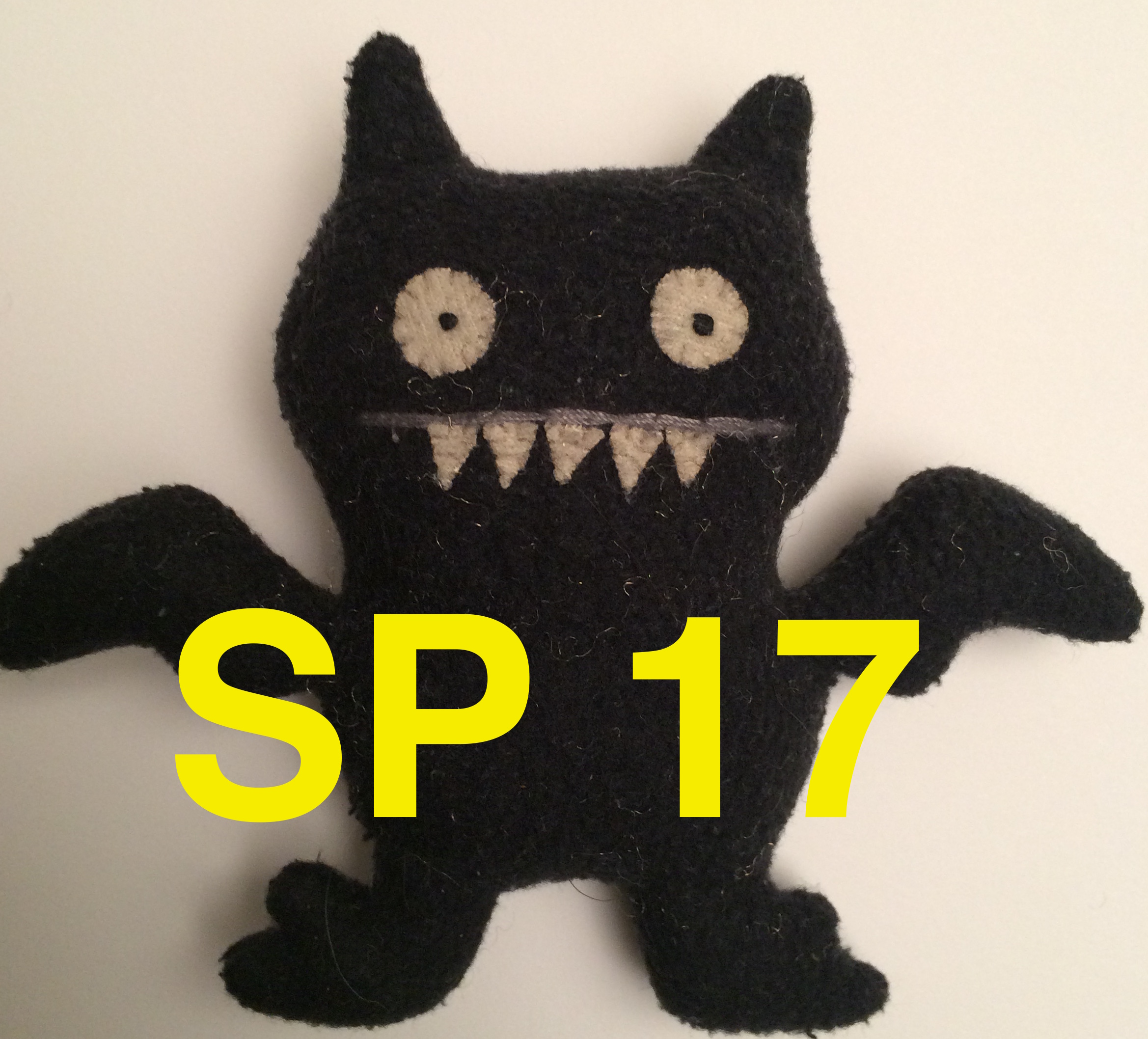T-Th 9:05
or
T-Th 11:15
in Olin 155
CS 1110: Introduction to Computing Using Python
Spring 2017

Main
About: Announcements
Staff
Times & Places
Calendar
Materials:
Texts/Clickers
Python/Komodo
Command Shell
Terminology
VideoNote
Handouts:
Lectures
Assignments
Labs
Assessment:
Grading
Exams
Resources:
CMS - direct link
CMS usage notes
Piazza
AEWs
FAQ
Python Docs
Python Tutor
Other Courses
Style Guide
Academic Integrity
Course Materials
Text (Recommended)
Historically, the main text for CS1110 is Think Python: How to Think Like a Computer Scientist, First Edition, by Allen B. Downey. However, this is now out of print, as the text has moved to Python 3. We do not use Python 3 (for many reasons) and so we cannot use the new book.
This is not that big of a deal, since the text is still available for free online as PDF or eBook. You can download it from Green Tree Press. If you absolutely need a paper copy, we are sure that used editions can be found online.
This text is not perfect, but given the massive differences in how Python is taught at different universities, no text is. You will find that we jump about the text quite a bit. In addition, there will be a lot of material covered in class that is not in the book. The text is a supplement for lecture, but not a replacement.
iClickers (Recommended)
This course will use iClickers in many lectures. We strongly recommend that you bring one to class — we and students over the years have found them to have great educational value. However, we will not be recording participation.
Other Python texts
You may use any other text that you wish as a reference. Here is a sample of conventional texts:
- Campbell, Gries, Montojo, and Wilson, Practical Programming: An Introduction to Computer Science Using Python. The Pragmatic Bookshelf, 2009.
- Zelle, Python Programming: An Introduction to Computer Science. Franklin, Beedle & Assoc., 2010.
- Budd, Exploring Python. McGraw Hill, 2008.
USB Storage Devices
Unless you install Python on your own machine, a lot of your work will be in the CIT computing labs. You are not allowed to leave personal files on these machines, and CIT typically deletes any personal files soon after you leave the workstation. Therefore, you need some place to save your work. Typically, students do this with a USB storage devices that they carry to the Labs.
If you do not want to use a USB storage device, an alternative is to e-mail yourself your files at the end of lab. However, the advantage of a USB device is that it keeps your files nice and organized.
IMPORTANT: You should back up your work regularly to protect yourself in case something is lost. No one likes to have to redo everything the night before the due date.